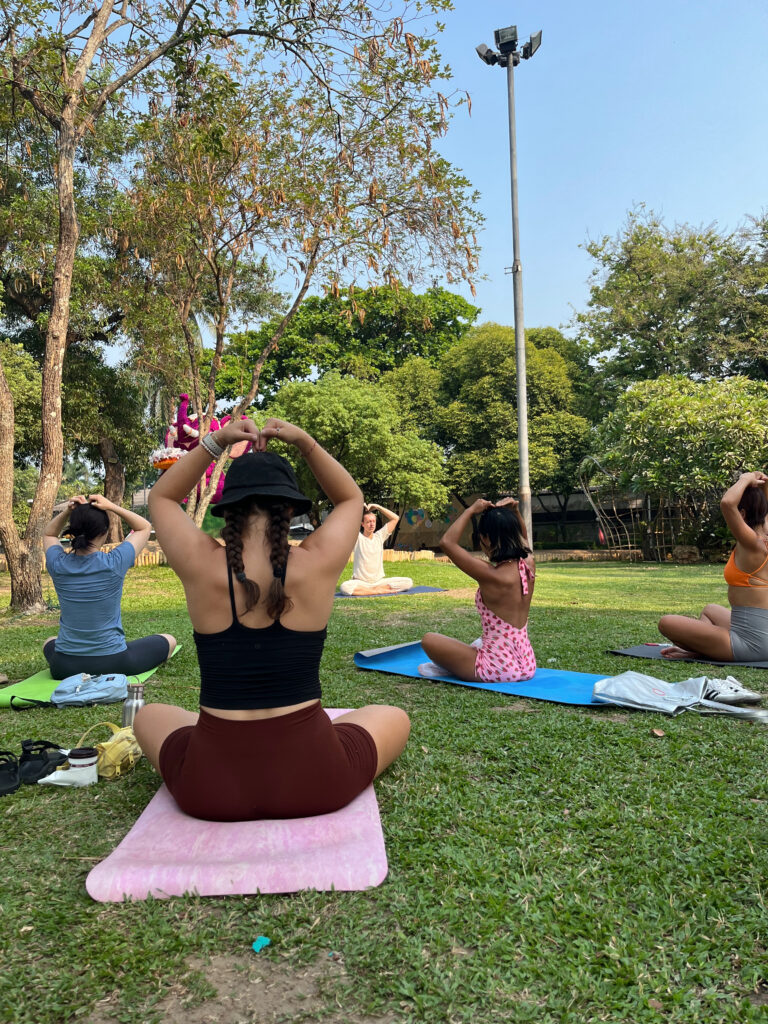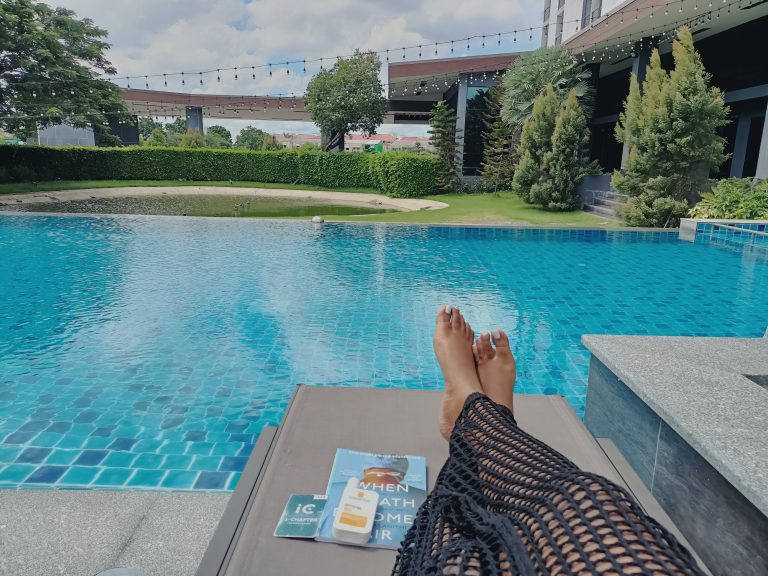In our fast-paced world, the concept of slow living offers a refreshing escape. It encourages us to embrace a more mindful approach to life, prioritizing quality over quantity. By slowing down, we can cultivate deeper connections with ourselves and our surroundings, ultimately enhancing our overall well-being.
But how does this intentional lifestyle impact our self-care? When we take the time to savor life’s moments, we create space for reflection and rejuvenation. This shift not only reduces stress but also fosters a greater appreciation for the little things. Join us as we explore the principles of slow living and its profound effects on our self-care practices.
Understanding Slow Living
Slow living involves embracing a more intentional lifestyle that prioritizes quality, mindfulness, and deeper connections to ourselves and our surroundings. By shifting our focus from a relentless pace to a more measured rhythm, we open ourselves to self-care opportunities and enhance our well-being.
Definition of Slow Living
Slow living champions a deliberate pace in life, encouraging us to savor experiences rather than rush through them. This approach cultivates a deeper appreciation for daily moments, helping us to align our actions with our self-care goals. It emphasizes valuing our time, so we can create space for meaningful activities, relationships, and a restorative morning routine.
Key Principles of Slow Living
- Mindfulness: Practicing mindfulness fosters awareness and presence in our daily lives, allowing us to enjoy even the simplest moments.
- Simplicity: Simplifying our surroundings and commitments clears mental clutter, making room for the things that truly matter to us.
- Connection: Fostering connections with ourselves, loved ones, and nature enhances our well-being and strengthens our support networks.
- Quality over Quantity: Focusing on quality experiences rather than accumulating countless tasks leads to more fulfilling and enriching lives.
- This Moment: Embracing the present fosters gratitude and helps us recognize the beauty within our everyday routines.
As we incorporate these principles into our daily lives, we create an environment that nurtures our self-care, leading to increased resilience and overall happiness.
The Importance of Self Care
Self-care serves as a vital component of our overall well-being, especially for busy women navigating the demands of modern life. By prioritizing self-care, we create space for rejuvenation and mindfulness.
What Is Self Care?
Self-care encompasses the deliberate actions we take to improve and maintain our physical, mental, and emotional health. It includes various practices that align with our self-care goals, such as establishing a consistent morning routine, engaging in leisurely activities, and prioritizing time for reflection. Embracing slow living encourages us to tailor these practices to suit our unique needs, allowing for greater self-awareness and personal growth.
Benefits of Self Care
Self-care offers numerous benefits that can enhance our quality of life:
- Reduces Stress: Engaging in self-care practices lowers stress levels, providing us with the ability to face daily challenges with resilience.
- Improves Mental Clarity: Taking the time to recharge boosts our focus and mental clarity, leading to better decision-making.
- Enhances Emotional Well-being: Regular self-care fosters emotional stability, increasing our capacity to cope with life’s ups and downs.
- Strengthens Relationships: By caring for ourselves, we become more present and engaged in our relationships, allowing for deeper connections with others.
Embracing self-care in our daily routines lays a solid foundation for a balanced life. Through the principles of slow living, we can fully commit to nurturing ourselves and prioritizing our well-being.
The Connection Between Slow Living and Self Care
Slow living interconnects with self-care, inviting us to prioritize our well-being amidst life’s demands. This approach encourages intentionality, fostering practices that enhance our mental, emotional, and physical health.
How Slow Living Promotes Self Care
Embracing slow living allows us to align our daily actions with our self-care goals. We focus on cultivating a mindful morning routine, which sets a positive tone for the day. This routine emphasizes quality moments for ourselves, whether through relaxation, journaling, or meditation. By slowing down, we cultivate deeper connections with our thoughts and feelings, making it easier to identify and address our needs.
Additionally, engaging in slow living promotes simplicity. Simplifying our lives means reducing distractions, creating space for self-reflection and rejuvenation. When we prioritize quality experiences over quantity, we can savor life’s joys and foster appreciation for small moments. This intentionality leads to routines that prioritize our well-being and help us recharge.
Impact on Mental Health and Wellbeing
The principles of slow living significantly impact our mental health and wellbeing. Lower stress levels often result from taking a more deliberate pace, allowing us to combat the anxiety and overwhelm frequently associated with busy lifestyles. We find clarity in our thoughts, leading to improved decision-making and emotional health.
Cultivating mindfulness also enhances our resilience, enabling us to effectively deal with external pressures. Embracing the present moment encourages gratitude, promoting a positive outlook on life. By integrating these practices into our daily lives, we nurture a holistic approach to self-care, paving the way for increased happiness and overall fulfillment.
Practical Tips for Incorporating Slow Living into Daily Life
Incorporating slow living into our daily lives requires intentional practices that foster mindfulness and self-care. We can adopt simple strategies that lead to meaningful changes.
Mindful Practices for Slow Living
- Engage in Daily Reflection: Take a few moments each day to reflect on our thoughts and experiences. This practice enhances self-awareness and encourages gratitude.
- Limit Digital Distractions: Schedule specific times for checking emails and social media. Reducing screen time fosters a more present mindset and reduces stress.
- Savor Meals: Focus on eating meals slowly and mindfully. Chew each bite thoroughly and enjoy the flavors, creating a deeper connection to our nourishment.
- Practice Deep Breathing: Incorporate short sessions of deep breathing throughout our day. This can calm the mind and anchor us in the present moment.
- Embrace Nature: Spend time outdoors, whether it’s a walk in a park or gardening. Nature enhances our mood and promotes relaxation.
Creating a Self Care Routine
- Establish a Morning Routine: Begin each day with rituals that promote wellness. Activities like stretching, journaling, or meditation can set a positive tone for our day.
- Schedule ‘Me Time’: Block out time for self-care activities in our weekly plan. Prioritize actions that align with our self-care goals, such as reading, art, or hobbies.
- Choose Quality Over Quantity: Focus on a few essential self-care practices instead of overwhelming ourselves with too many activities. This emphasis on quality nurtures deeper satisfaction.
- Wind Down in the Evening: Implement an evening routine that encourages relaxation. This may include herbal tea, gentle yoga, or reading to prepare for restful sleep.
- Reflect on Self Care Goals: Regularly reassess our self-care goals. This reflection helps us adjust our routine to better suit our evolving needs and priorities.
By embedding these practices into our lives, we cultivate a richer experience of slow living that promotes rejuvenation and supports our overall well-being.
Conclusion
Embracing slow living transforms our approach to self-care by inviting us to savor each moment and prioritize our well-being. As we cultivate mindfulness and simplicity in our lives, we foster deeper connections with ourselves and our surroundings. This intentional pace allows us to reflect and rejuvenate, reducing stress and enhancing our overall happiness.
By integrating slow living principles into our daily routines, we create space for meaningful self-care practices that nurture our mental, emotional, and physical health. Let’s commit to this enriching lifestyle, prioritizing quality over quantity and making self-care a fundamental part of our journey toward fulfillment and balance. Together, we can embrace the beauty of slow living and its profound impact on our well-being.





